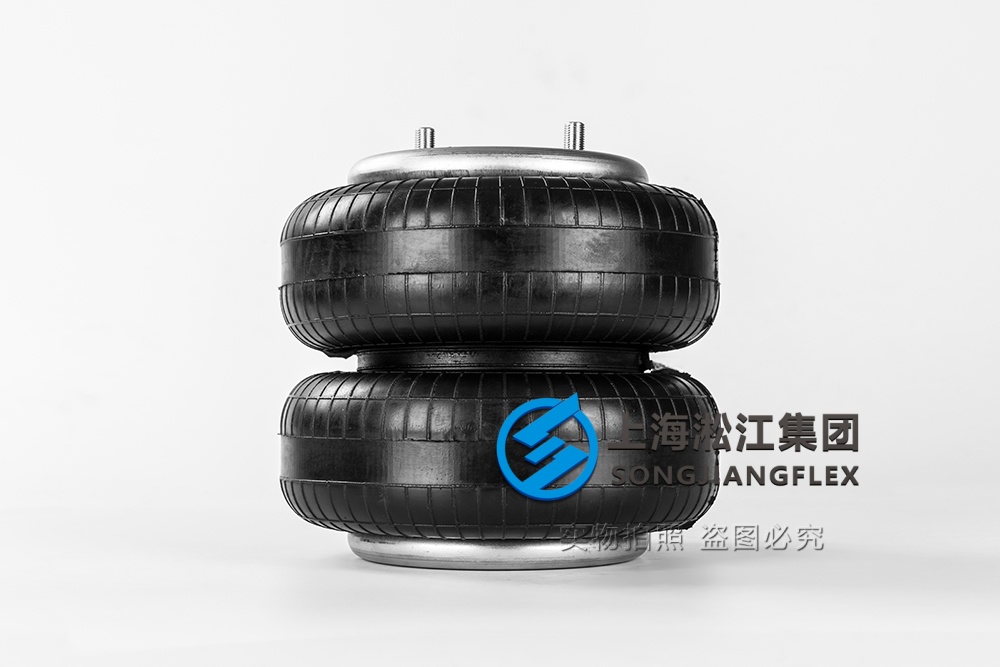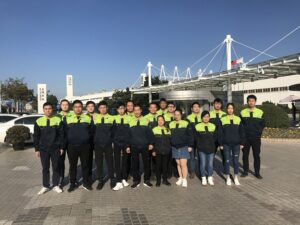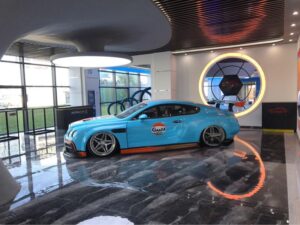Why Is Your Brick Forming Machine Vibrating So Much—and Can Rubber Air Spring Isolators Fix It?
Is your brick forming machine vibrating excessively? These vibrations can lead to misaligned molds, poor brick quality, and costly maintenance. Luckily, Rubber Air Spring Isolators offer an efficient and durable solution to stabilize your machinery and boost performance.
Rubber air spring isolators help reduce vibration in brick forming machines by offering flexible damping and load adaptability. These industrial air spring shock absorbers prevent resonance, improve equipment stability, and significantly extend service life.
Discover how the right isolators can transform your production line.
What causes excessive vibration in brick making machines?
Brick machines are naturally high-impact systems. The repeated compression, mold vibration, and structural shifts can produce overwhelming levels of vibration, especially in outdated or improperly balanced equipment.
Excessive vibration in brick making machines often comes from uneven foundation surfaces, overloaded components, or outdated spring systems. This brick making machine vibration problem not only reduces accuracy but can lead to premature wear and tear.
Left unaddressed, this can cause misalignment, excessive downtime, and increased repair costs.
How do rubber air spring isolators work in industrial machinery?
Rubber air spring isolators combine compressed air with elastic rubber components to provide advanced shock absorption. As the machine operates, the air pressure inside the bellow adjusts to absorb dynamic loads and vibration pulses.
This enables rubber air spring isolators to respond flexibly to frequency changes, isolating both low- and high-frequency vibrations. These industrial air spring shock absorbers are ideal for machines with variable load cycles, such as brick forming presses.
They perform significantly better than solid or metal-based isolators in dynamic environments.
What are the disadvantages of using traditional coil springs in brick forming equipment?
Traditional coil springs offer limited damping ability. Their fixed stiffness often fails to isolate the wide frequency range encountered in brick forming processes. Worse, under continuous high-impact use, they can develop cracks or lose elasticity.
This makes air spring vs coil spring for machinery a critical comparison. While coils are cheaper, they amplify noise, pass vibration to the ground, and require frequent maintenance or replacement—costing more in the long run.
Can vibration damage reduce the lifespan of a brick molding machine?
Absolutely. Constant vibration causes bolt loosening, metal fatigue, and bearing wear. Over time, this not only shortens the lifespan of your equipment but increases operational noise and risks safety hazards.
This is why effective heavy machinery vibration control is essential. Using advanced air springs helps absorb shocks that otherwise lead to structural damage, extending the service life of your investment.
How to choose the right rubber air spring for a heavy-duty press system?
Choosing the right air spring depends on three main factors: equipment weight, vibration frequency, and operating environment. For heavy-duty systems, like hydraulic or brick forming presses, it’s crucial to use models rated for high dynamic loads.
Custom rubber air springs for industry can be tailored to specific press configurations. To reduce vibration in hydraulic press systems, Songjiangflex offers solutions with adjustable pressure and load response.
Consulting with your supplier ensures perfect fit and reliable performance.
Are rubber air springs better than rubber pads for vibration isolation?
Yes. While rubber pads offer basic damping, they are limited by thickness and cannot adapt to load changes. Rubber air springs, on the other hand, dynamically adjust to real-time operating conditions.
For complex systems that require multidirectional isolation, vibration isolation for brick forming equipment using air springs is far superior. The result? Lower transmission of vibration, better equipment protection, and smoother production.
How can vibration control improve product quality in brick production lines?
Vibration impacts the mold alignment and compactness of bricks. High vibration levels may lead to inconsistent brick shapes, internal cracks, and dimensional inaccuracies.
Investing in proper isolators improves brick production line stability, ensuring uniform output and reducing waste. In high-output factories, even minor quality improvements mean big long-term gains.
What maintenance benefits come with using air spring isolators in brick machines?
Compared to metal springs or pads, air spring isolators require minimal maintenance. Their sealed design reduces contamination and fatigue, while their long service life minimizes downtime.
This makes them ideal for buyers like Murtaza, who demand fast delivery and low maintenance risks. With rubber air spring for brick machine setups, manufacturers enjoy longer intervals between servicing, and greater ROI over time.
Rubber air springs are a smart upgrade for smoother, longer-lasting brick production. Learn more at Rubber Air Spring for Brick Machine.





